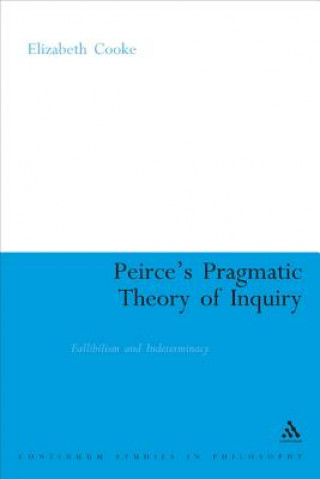
Kód: 04733001
Peirce's Pragmatic Theory of Inquiry
Autor Elizabeth Cooke
The philosophy of Charles Sanders Peirce (1839-1914) is very important at every stage of the history of modern American thought. It informs William James's evolutionary metaphysics, John Dewey's theory of logic, W.V.O. Quine's nat ... celý popis
- Jazyk:
 Angličtina
Angličtina - Väzba: Pevná
- Počet strán: 192
Nakladateľ: Bloomsbury Publishing, 2006
- Viac informácií o knihe

Mohlo by sa vám tiež páčiť
-

Bay of Pigs
24.64 € -

Bulgaria and World War II
127.10 € -

Access Denied
67.48 € -
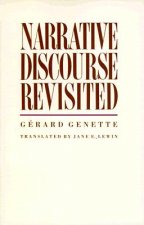
Narrative Discourse Revisited
38.24 € -

It is Night
17.37 € -5 % -

Skeletal Muscle
49.49 € -5 % -

Performance Management in Education
65.23 € -

36 Tools for Building Spirit in Learning Communities
114.73 € -
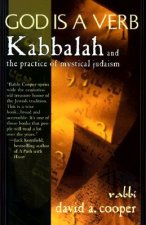
God Is A Verb
17.37 € -5 % -
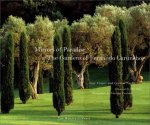
Mirrors of Paradise
73.31 € -

Dixie's Forgotten People, New Edition
27.40 € -

Voicing Gender
36.09 € -

Deconstructing Development Discourse
43.55 € -

Deutschland Im 19. Jahrhundert
64.52 €
Darujte túto knihu ešte dnes
- Objednajte knihu a vyberte Zaslať ako darček.
- Obratom obdržíte darovací poukaz na knihu, ktorý môžete ihneď odovzdať obdarovanému.
- Knihu zašleme na adresu obdarovaného, o nič sa nestaráte.
Viac informácií o knihe Peirce's Pragmatic Theory of Inquiry
Nákupom získate 783 bodov
 Anotácia knihy
Anotácia knihy
The philosophy of Charles Sanders Peirce (1839-1914) is very important at every stage of the history of modern American thought. It informs William James's evolutionary metaphysics, John Dewey's theory of logic, W.V.O. Quine's naturalism, and Richard Rorty's notion of the Linguistic Turn. Similarly, many Continental philosophers, like Jurgen Habermas, Karl-Otto Apel, Jacques Derrida, and Umberto Eco, have developed Peirce's semiotic logic as central to their own philosophical views. Yet until now there has been a yawning gap in the literature on what is arguably the most essential idea in the entire Peircean corpus, namely his "fallibilism." The basic idea of fallibilism is that all knowledge claims, including those metaphysical, methodological, introspective, and even mathematical claims - all of these remain uncertain, provisional, merely fallible conjectures. As Elizabeth Cooke explains in Peirce's Pragmatic Theory of Inquiry, one long-standing concern with the idea of fallibilism is that it might all too easily slide into "skepticism." And this would certainly undermine the overall project of making Peirce's fallibilism the linchpin for any realistic pragmatism. So, it is essential to show Peirce's philosophy does not require any claims to certitude, in order to keep his fallibilism from falling into skepticism or contextualism. Cooke's solution to this problem is to interpret Peirce as having reconceived knowledge - traditionally defined as "foundational" and even "static" - as a dynamic process of inquiry, one which evolves within a larger ontological process of evolution. Her book will be of great interest not only to Peirce and Pragmatism specialists but also to contemporary epistemologists more generally.
 Parametre knihy
Parametre knihy
Zaradenie knihy Knihy po anglicky Humanities Philosophy Philosophy: epistemology & theory of knowledge
316.60 €
- Celý názov: Peirce's Pragmatic Theory of Inquiry
- Podnázov: Fallibilism and Indeterminacy
- Autor: Elizabeth Cooke
- Jazyk:
 Angličtina
Angličtina - Väzba: Pevná
- Počet strán: 192
- EAN: 9780826488992
- ISBN: 0826488994
- ID: 04733001
- Nakladateľ: Bloomsbury Publishing
- Hmotnosť: 428 g
- Rozmery: 157 × 240 × 19 mm
- Dátum vydania: 06. November 2006
Obľúbené z iného súdka
-

Tetralogue
10.11 € -23 % -

Short History of Decay
11.14 € -23 % -

Trade Like a Stock Market Wizard: How to Achieve Super Performance in Stocks in Any Market
28.52 € -13 % -

Outer Limits of Reason
24.84 € -12 % -
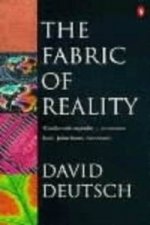
Fabric of Reality
15.12 € -5 % -

Beyond Good and Evil
10.73 € -19 % -

What Does It All Mean?
54.19 € -
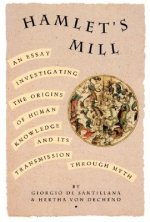
Hamlet's Mill
22.79 € -19 % -

Truth and Method
48.46 € -
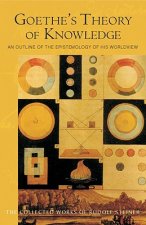
Goethe's Theory of Knowledge
19.83 € -6 % -
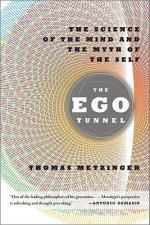
Ego Tunnel
24.64 € -
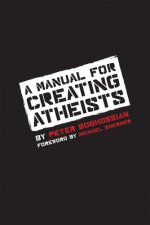
Manual for Creating Atheists
14.82 € -9 % -
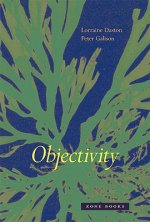
Objectivity
29.95 € -14 % -
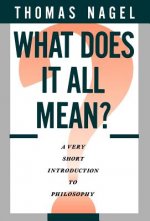
What Does It All Mean?
40.28 € -
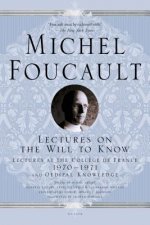
Lectures on the Will to Know
19.62 € -18 % -
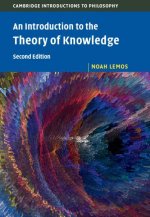
Introduction to the Theory of Knowledge
46.52 € -

Subjectivity and Selfhood
38.34 € -
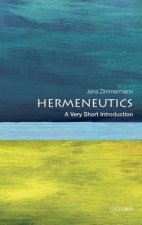
Hermeneutics: A Very Short Introduction
10.11 € -23 % -

Opacity of Mind
22.90 € -
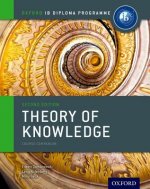
Oxford IB Diploma Programme: Theory of Knowledge Course Companion
83.44 € -
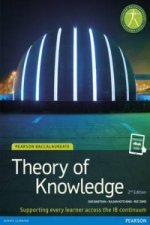
Pearson Baccalaureate Theory of Knowledge second edition print and ebook bundle for the IB Diploma
61.96 € -
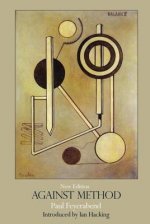
Against Method
27.40 € -
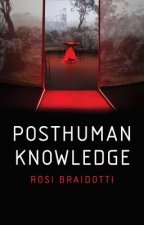
Posthuman Knowledge
21.67 € -
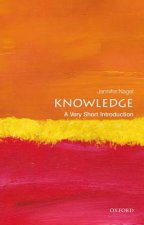
Knowledge: A Very Short Introduction
9.09 € -24 % -

Being Wrong
12.26 € -23 % -
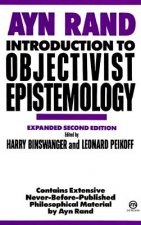
Introduction to Objectivist Epistemology
30.46 € -

Ecstasy of Communication
16.35 € -6 % -
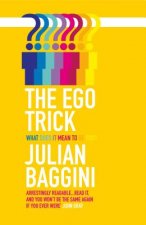
Ego Trick
13.59 € -17 % -
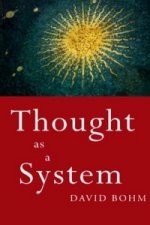
Thought as a System
59.81 € -

Self and Other
43.76 € -
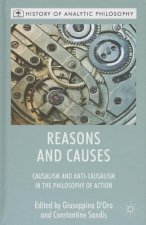
Reasons and Causes
151.95 € -

Soul of the Marionette
12.26 € -23 % -
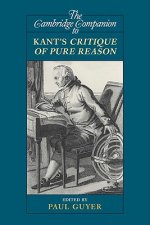
Cambridge Companion to Kant's Critique of Pure Reason
36.09 € -12 % -
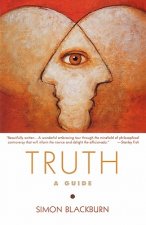
Truth
16.56 € -4 % -
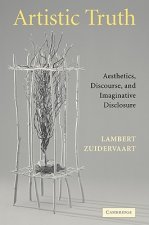
Artistic Truth
61.45 € -

Self
12.26 € -23 % -

Freedom Regained
11.14 € -23 % -
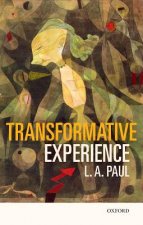
Transformative Experience
30.67 € -
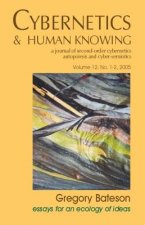
Gregory Bateson
24.43 € -5 % -
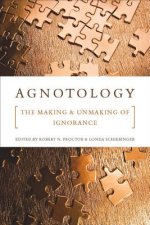
Agnotology
28.93 € -7 % -
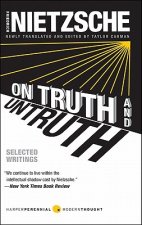
On Truth and Untruth
12.57 € -
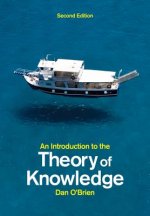
Introduction to the Theory of Knowledge 2e
27.60 € -

Failure
23.61 € -19 % -
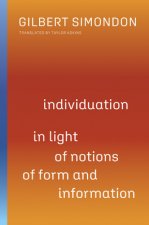
Individuation in Light of Notions of Form and Information
34.66 € -
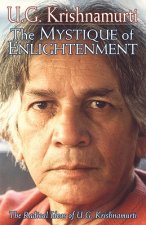
Mystique of Enlightenment
20.34 € -
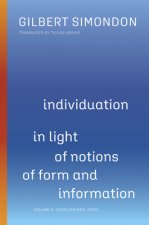
Individuation in Light of Notions of Form and Information
34.66 € -

In Over Our Heads
43.55 € -5 % -
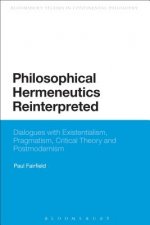
Philosophical Hermeneutics Reinterpreted
73.01 € -

Quine and His Place in History
139.37 €
Osobný odber Bratislava a 2642 dalších
Copyright ©2008-24 najlacnejsie-knihy.sk Všetky práva vyhradenéSúkromieCookies



 21 miliónov titulov
21 miliónov titulov Vrátenie do mesiaca
Vrátenie do mesiaca 02/210 210 99 (8-15.30h)
02/210 210 99 (8-15.30h)